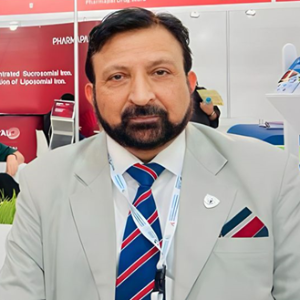Food Waste Management and Sustainable Practices
Food waste management and sustainable practices are critical in addressing global food security, environmental impact, and resource efficiency. Innovative strategies such as upcycling food by-products, anaerobic digestion for energy recovery, and AI-driven waste tracking are transforming how food waste is managed. Circular economy approaches, including composting, surplus food redistribution, and sustainable packaging, help minimize waste across the supply chain. Advances in food preservation and portion optimization further contribute to reducing waste at consumer and industry levels. As sustainability becomes a priority, integrating effective Food Waste Management and Sustainable Practices is essential for creating a more responsible, efficient, and environmentally friendly food system.

Tafere Gebreegziabher Belay
Central Washington University, United States
Jack Timothy Rogers
Harvard University, United States
Safiullah Pathan
Lincoln University of Missouri, United States
Mohammad Kamil
Lotus Holistic Institute, United Arab Emirates
Raffaella Conversano
University of Bari, Italy
Malgorzata Mizgier
Poznan University of Physical Education, Poland




Title : Nutrients and bioactive compounds of non-traditional green leafy vegetables: A natural path to better health
Safiullah Pathan, Lincoln University of Missouri, United States
Title : We are elastic: The color of hunger and food perception in borderline cognitive functioning
Raffaella Conversano, University of Bari, Italy
Title : Translation modulators to preserve neurodegenerative decline from metal toxicity
Jack Timothy Rogers, Harvard University, United States
Title : Assessment of a Metabolic Map (MM) in association with Metabolic Syndrome (MS)
Antonio Claudio Goulart Duarte, Medicine School of The Federal University of Rio de Janeiro, Brazil
Title : The software tools for FOP nutrition labelling
Vintila Iuliana, University ”Dunarea de Jos” Galati, Romania
Title : Risk factors for neural tube defects in conflict-impacted Tigray, Ethiopia: Findings from a case–control study
Tafere Gebreegziabher Belay, Central Washington University, United States